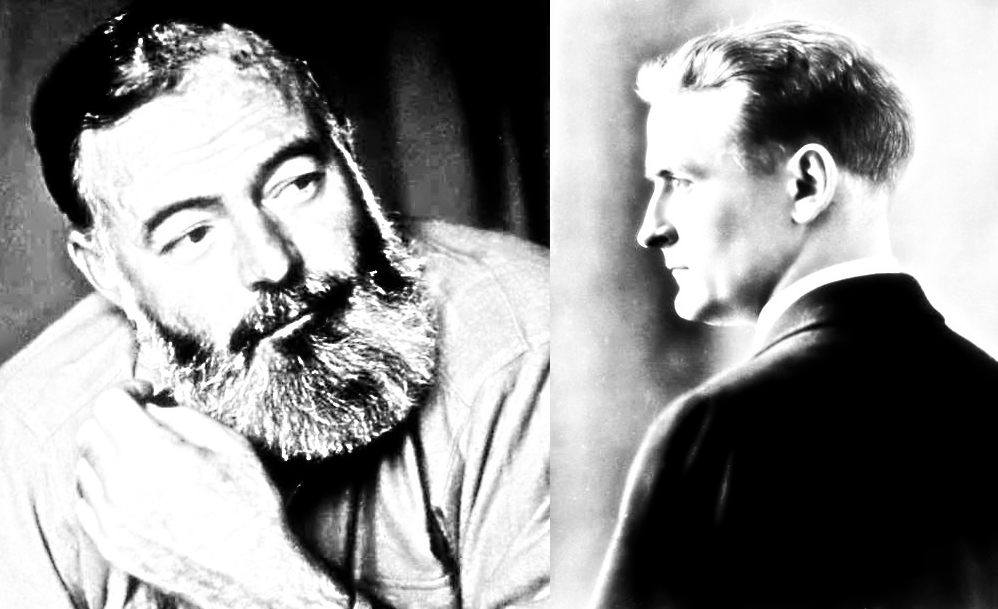The last post discussed the Romanticism Movement, which was an extremely important movement in the context of literature history and world history because it created a new way of thinking about man and his place in society. Nevertheless, toward the end of the movement, we also found new ways to think of Romanticism in the transcendentalist movement, which was a bit more nonconformist. Thus, for this post, let’s look at the qualities and writers of this new movement within a movement to get a sense of what’s going on.
Background of the Transcendentalist Movement
To begin, and as with many movements, there was conflict:
“Transcendentalism has its origins in New England of the early 1800s and the birth of Unitarianism, “ history.com states. “It was born from a debate between ‘New Light’ theologians, who believed that religion should focus on an emotional experience, and ‘Old Light’ opponents, who valued reason in their religious approach.”
The issue for the departure is in part due to a lack of emphasis on intuitive thought, which should, some would reason, steer individuals through their own sense of right (their own internal compass) via some eternal spirit.
The split from the “Old Light” thinkers to find a more spiritual answer to the question of everything, embraced the ideas of German Romanticism, which took upon the ideas of Immanuel Kant and Samuel Taylor Coleridge and espoused the ideas of an individual spiritual experience one could attain in their journey to understand God. Obviously, these writers wanted a more progressive kind of meaning from what was being offered in contemporary society, and this pushed them to write in a different way, just like other movements before them, like the Imagists (H.D.) or the Modernists (Gertrude Stein).
Later, ministers from the Unitarian Church, including Emerson, would meet to discuss matters of the evolution into transcendentalism, and this group would form (sort of) what would be known as “The Transcendental Club” (history.com). Margaret Fuller, who was the editor of the transcendentalist journal The Dial, was one of the first members of this club, as was Ralph Waldo Emerson, who was writing in Massachusetts in the early 1800s about all sorts of topics centered on Self-Reliance. Henry David Thoreau, too, would be a budding author in these early days and eventually go off to write Walden: or, Life in the Woods, which would make him more than adept in naturalist ideas.
For context, here is a bit of an Emerson poem:
“Who gave thee, O Beauty,
The keys of this breast,–
Too credulous lover
Of blest and unblest?
Say, when in lapsed ages
Thee knew I of old;
Or what was the service
For which I was sold?
When first my eyes saw thee,
I found me thy thrall,
By magical drawings,
Sweet tyrant of all!
I drank at thy fountain
False waters of thirst;
Though intimate stranger,
Though latest and first!
Thy dangerous glances
Make women of men;
New-born, we are melting
Into nature again.”
Ode to Beauty
Brook Farm and the end of Transcendentalism
Nathaniel Hawthorne would test his mettle, and beliefs, at Brook Farm in Massachusetts, where some of the club took up quarters to start a commune.
“Hawthorne had left his position at the Boston Custom House on January 1, 1841, after a Whig, not a Democrat, was elected president. Although Hawthorne was in search of gainful employment, it seems hard to understand why Hawthorn, a man who was never much of a joiner, never was a member of any church, who cherished his solitude, and who was skeptical of movements to reform society, would have been enticed to join Brook Farm” (hawthorneinsalem.org).
While Hawthorne was eager to head to Brook Farm, Thoreau never became enticed and Emerson refused to live there—but he did visit on occasion. Hawthorne maybe thought it was the perfect place to practice Transcendentalist beliefs to see if they would hold true in application.
Eventually, issues of longevity arose due to conflicts of ideals and intellect, and yet it was an interesting experiment of labor and spirituality, of man and earth, and one’s ability to coexist with intuitive beliefs, but Hawthorne “misjudged both himself and the situation” as “he couldn’t write there. Nor could he tolerate the idea of a cold winter far from (his wife)” (hawthorneinsalem.org).
Around 1850, the Transcendentalist movement petered out due, in part, to the death of Margaret fuller, who was one of the progenitors of the movement, and the failure of Brook Farm. These two blows perhaps illustrated the issues of combining idealism, application, and hubris.
Important Transcendentalist writers
Ralph Waldo Emerson
Henry David Thoreau
Margaret Fuller
Walt Whitman







